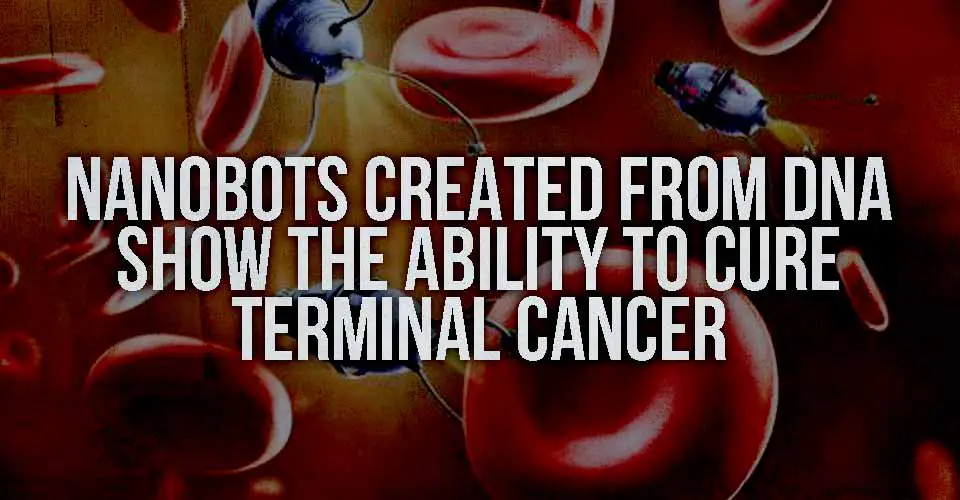
When most people hear the word “nanobot” they immediately conjure an image from science fiction of a silvery swarm of microscopic robots wreaking havoc on everything they come into contact with. Thankfully that image is as far from the truth as it gets.
Professor Ido Bachelet from Israel’s Bar-Ilan University is developing actual nanobots using DNA, and what he is doing with them has the ability to change how we treat cancer.
The problem with current cancer treatments is that they harm healthy cells as much as they damage cancer cells. As Professor Bachelet puts it, “searching for a safer cancer drug is basically like searching for a gun that kills only bad people.” That’s where the nanobots come in.
This technology has the ability to identify and interact with certain cells to deliver a much more accurate delivery of cancer drugs that we already know work, instead of developing a new drug that will only affect cancerous cells.
How they Work
The nanobots that Bachelet have developed are made from a strand of DNA that is folded into a clamshell shape. They are designed to be in either an “on” or “off” configuration, so they basically work like a secure box. They are loaded up with known cancer-fighting drugs and when they come into contact with cancer cells they open up and deliver their payload. The configuration allows for the nanobots to pass by healthy cells without damaging them.

What’s Really Amazing
It’s one thing to be able to deliver a payload to a cancer cell, but Bachelet’s nanobots can do more. Not only can they be designed to carry more than one type of cancer drug per nanobot, but the nanobots can actually detect different types of cancer cells. As of last year, the nanobots could effectively identify and interact with 12 different types of cancers cells. This means that one nanobot can carry multiple drugs and attack multiple cancer cells all in one treatment.
Human Trials
Bachelet has been approved for trials of his nanobot technology in a terminally ill patient. Bachelet predicts that even though the patient was given months to live in their current condition, his treatment will cure them of their aggressive cancer.
Personally, I can only hope that he is right. I honestly believe that in our lifetime we will see the eradication of cancer, and this new, exciting technology is just further proof of that.

